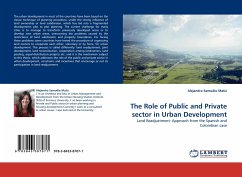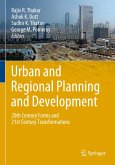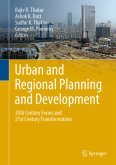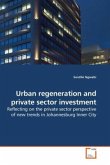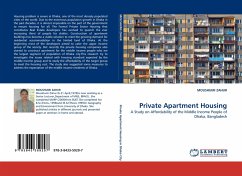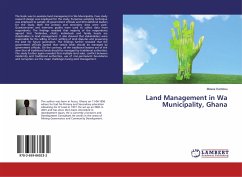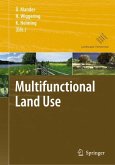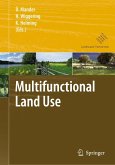The urban development in most of the countries have been based on the classic technique of planning procedure, under the strong influence of land ownership or land subdivision, which has led into a fragmented development; plot to plot planning. The current challenge for many cities is to manage to transform previously developed areas or to develop new urban areas, overcoming the problems caused by the restrictions of land subdivision and property boundaries. For facing these problems some countries have tested the procedure of organizing land owners to cooperate each other, voluntary or by force, for urban development. This process is called differently: land readjustment, joint development, land reconstitution, cooperation among landowners, land pooling, equal-distribution projects etc. and it is the mechanism subject to this thesis, which addresses the role of the public and private sector in urban development, constrains and incentives that encourage or not its participation in land readjustment.
Bitte wählen Sie Ihr Anliegen aus.
Rechnungen
Retourenschein anfordern
Bestellstatus
Storno

